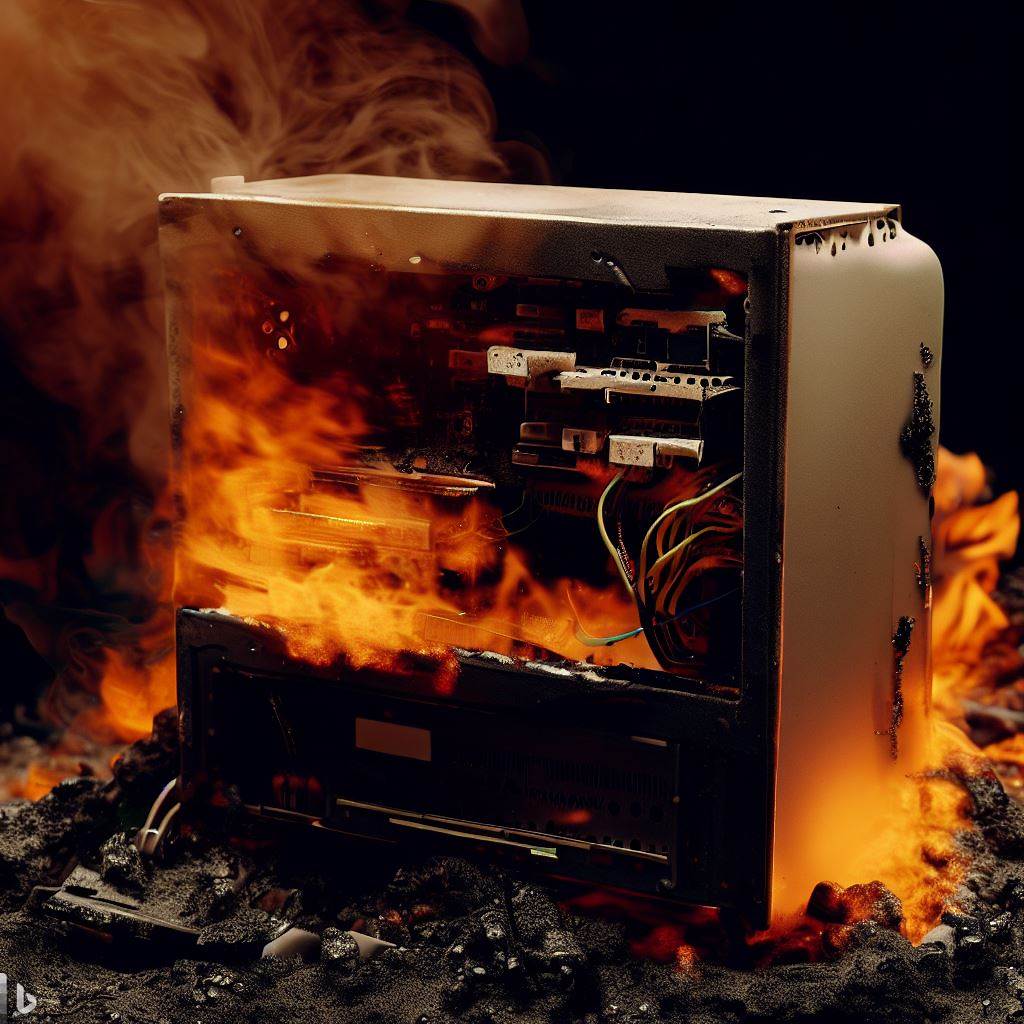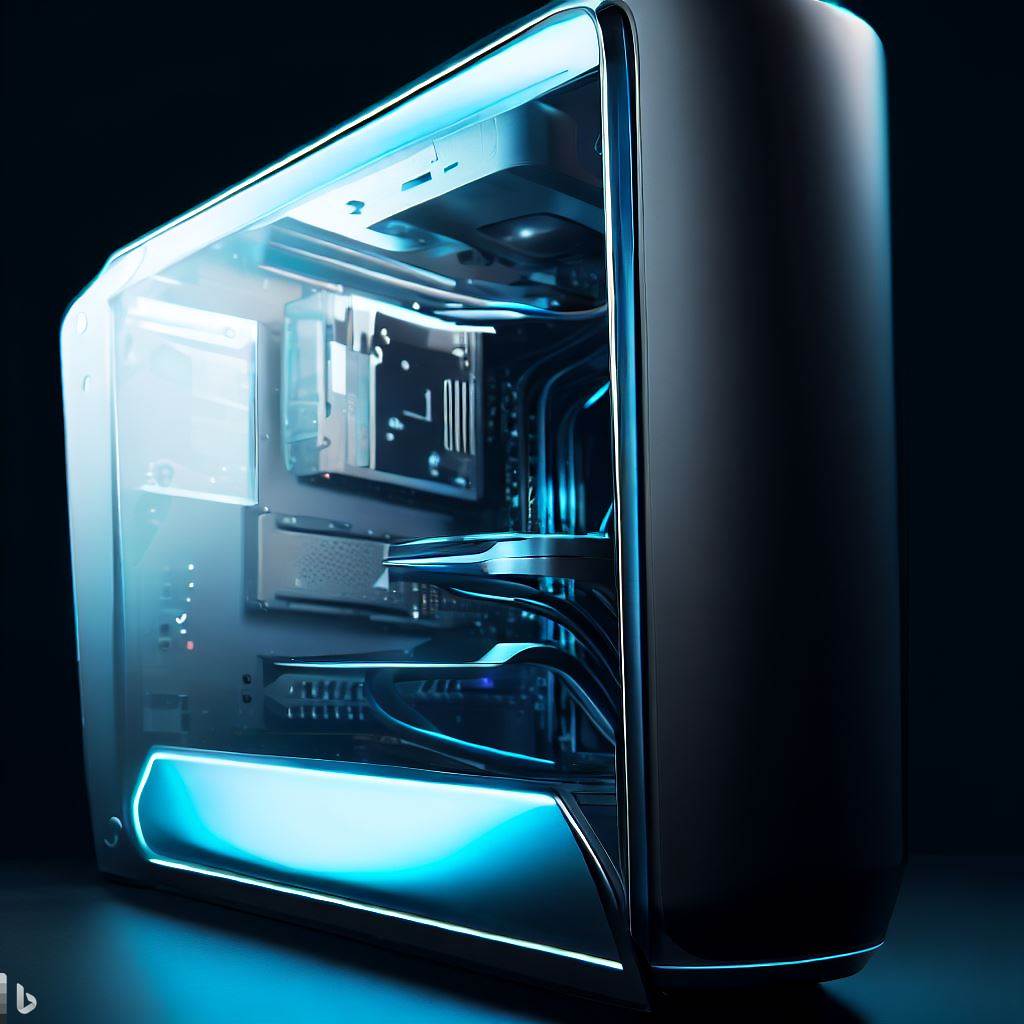Computers are great, aren’t they? They allow us to be both productive and give us a means of unwinding during our downtime. People are so much more connected than they were just a decade ago. It’s hard to find a house without at least one computer. My house has nine laptops and desktops. That’s not counting all the other devices, such as tablets, smartphones, etc. That’s nearly two computers for every person in my house. Pretty crazy, right? But do you know the proper way to handle essential computer maintenance?
I should explain that a little. I have a laptop for contract work, my main desktop (primarily for gaming), and a computer for fun. My wife has a laptop for college and a laptop for fun. My three sons each have a gaming PC, and the oldest has a new gaming laptop he wanted for his 18th birthday.
Given the time and money we spend on our computers, it’s valuable to understand how to maintain them properly. We’re going to be covering essential computer maintenance in this TechBitsBlog post.

Updates: Automate if you can
Keeping your software up to date is essential to keep it running smoothly and ensure you’re safe from vulnerabilities. Regularly updating your operating system and the software you run on it is a significant part of maintaining your computer.
Operating System – Automate OS updates whenever you can. Apple, Microsoft, and Linux – the developers of the systems are constantly updating their software to fix bugs and close any security threats.
Software – Some vendors have software that updates automatically depending on specific settings. Others may not! It may be worth adding a monthly recurring event to your calendar to go through your system and ensure things are up to date. Again, most software companies release regular updates to close security holes and fix issues not caught during the initial development phase.
Clean Your Storage: Less Clutter = More Speed.
With all the data coming in and going out of your computer, it can sometimes be hard to ensure you’re not sitting on outdated data you no longer need. You may already know this, but if you don’t, most systems need free storage space on the hard drive to operate efficiently. The more cluttered your storage gets, the more sluggish your PC may become. Decluttering is essential to computer maintenance, keeping your file system healthy and uncluttered.
Temporary Files – As the name implies, these files are meant only to be temporary. However, over time, not clearing these files up can use a lot of storage space on your computer. You can use built-in clean-up tools or reputable third-party software to help you manage cleaning up temporary files. I like to use a program called CCleaner (Crap Cleaner), which you can find here. The free version is sufficient for most use cases.
Unused Programs – If you haven’t used a program in several months, it may be time to eliminate it. It’s also good to check on your installed programs periodically as well. Perhaps you downloaded something to try out and didn’t like it but forgot to remove it. Now’s the time! Some of these can have services that launch on startup or run in the background, causing unnecessary resource usage, which could be better spent elsewhere.
Guard Against Viruses and Malware
Protection against malicious threats goes beyond just having an antivirus; it’s also about using it effectively. Set up regular automatic scans when you’re least likely to use your computer, such as in the early morning hours.
Many good products are on the market, and most of them allow you to schedule regular scans. There are both free and paid versions. I only use the built-in solution from Microsoft called Windows Defender. However, my children need something more; they can’t stop themselves from clicking on everything they can and responding to that persistent Nigerian Prince.

Physical Computer Maintenance Counts Too
Believe it or not, physical cleanliness (or lack thereof) can also affect performance. Regularly dust off the case and ensure the fan ports are clear of debris and dirt. Effective cooling is vital. Open up the case if you have a desktop occasionally, and use some compressed air or an electronics vacuum ((great for keyboards, too!) to clean out what you can.
Dust can build up and lead to overheating issues or can get into your fan bearings, causing them to seize up. A build-up of dust and debris makes things such as your CPU and video card hotter while working. Prolonged heat exposure can cause these components to fail prematurely.
You should also inspect your cables and make sure they are nice, tight, and free of damage. Make sure your fans are all running when your PC is turned on. Take a moment and listen for unusual noises.

If you find anything unusual, you may want to take your computer to a local computer repair shop. There are many repair or replacement procedures you can handle yourself if you feel comfortable doing so.
Now, when it comes to laptops, physical maintenance can be somewhat more difficult given the more compact nature. Many people are uncomfortable with tearing apart their laptop to clean it, and that’s okay. Keep what you can clean. Blow out the air ports, make sure your charging port is still nice and tight, and the cable stays put when plugged in to charge.
Conclusion
We invest significant time, money, and effort into our computers. Like a vehicle, periodic computer maintenance ensures optimum performance and a longer lifespan. By incorporating these habits into your routine, you’re ensuring that your investment remains secure, efficient, and ready to serve you whenever needed.
Let us know what your maintenance tips are in the comments!
